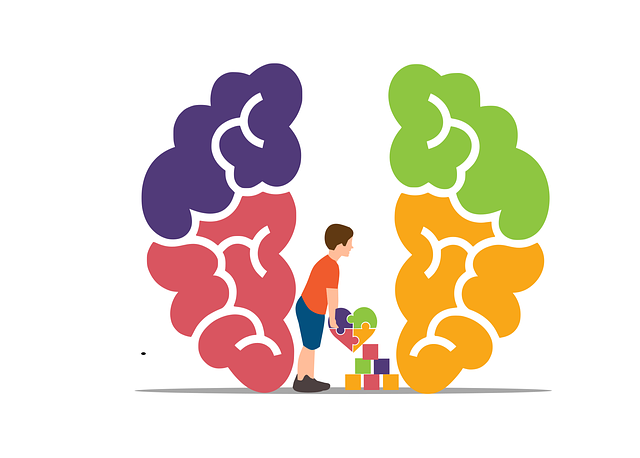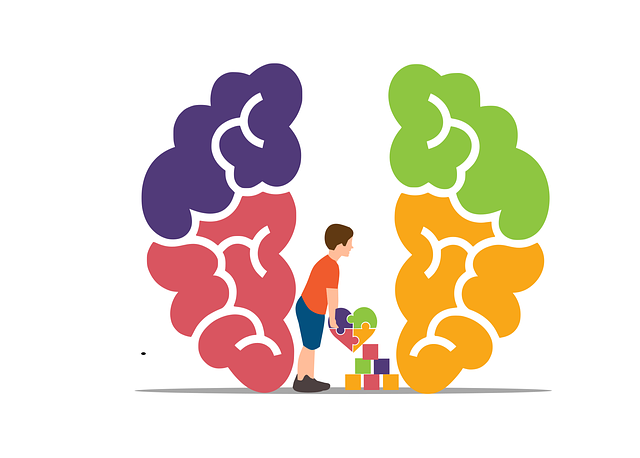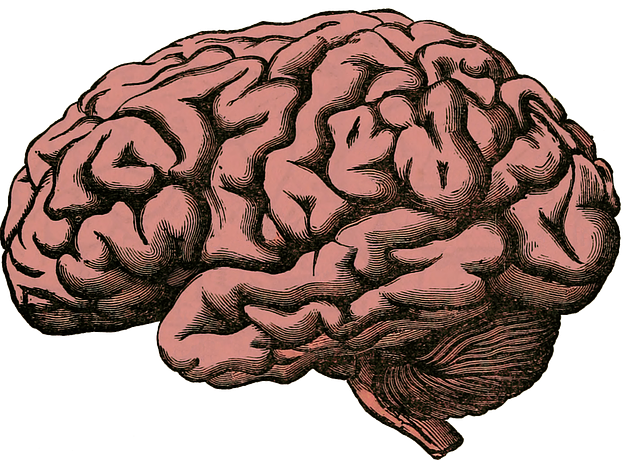Breaking down mental health barriers in Arvada requires destigmatizing illnesses and promoting accessible, online therapy services. By combining education, personalized content, evidence-based practices (like CBT), risk management, and evaluation, Arvada Online Therapy can empower individuals to take control of their mental well-being. Through community outreach, healthcare provider training, and user-focused platform development, this approach fosters a healthier, more supportive community.
In today’s digital age, accessible mental health education is more crucial than ever. This article explores the design of an effective Arvada online therapy platform, addressing common mental health myths and stigma. We delve into evidence-based curriculum development, personalized learning paths catering to diverse needs, and robust evaluation mechanisms for continuous improvement. By integrating these strategies, we aim to enhance mental well-being through innovative online therapy solutions.
- Understanding Mental Health: Unveiling Common Myths and Stigma
- Designing an Effective Online Therapy Platform for Accessible Care
- Curriculum Development: Integrating Evidence-Based Practices
- Personalized Learning Paths: Catering to Diverse Needs
- Evaluation and Feedback Mechanisms for Continuous Improvement
Understanding Mental Health: Unveiling Common Myths and Stigma

Understanding mental health is a vital step in breaking down the barriers associated with seeking Arvada online therapy and other support services. Unfortunately, various myths and misconceptions surround this critical aspect of our well-being, often leading to stigma. Many people still associate seeking help for mental health issues as a sign of weakness or personal failure, which couldn’t be further from the truth.
By implementing community outreach programs and providing healthcare provider cultural competency training, we can work towards destigmatizing mental illness. Educating individuals about common mental health conditions, such as depression prevention strategies, is essential in promoting early intervention and reducing the impact of these disorders. Through increased awareness, we can foster a more supportive environment where those struggling feel empowered to seek the appropriate care, whether it’s through local online therapy services or other specialized treatments.
Designing an Effective Online Therapy Platform for Accessible Care

In today’s digital era, accessible mental health care is more crucial than ever. An effective online therapy platform, tailored for Arvada residents, can significantly enhance mental well-being by providing convenient and confidential services to those who might otherwise face barriers in accessing traditional therapy. The design of such a platform should prioritize user experience, incorporating features like easy navigation, secure communication channels, and interactive tools that foster engagement. For instance, integrating mindfulness meditation exercises or mood tracking tools can supplement conventional therapy, offering users personalized coping mechanisms.
The platform’s development must consider the broader Mental Health Policy Analysis and Advocacy context, ensuring it aligns with current trends in mental health education programs design. By incorporating evidence-based practices and leveraging technology effectively, online therapy platforms have the potential to revolutionize care delivery, making quality mental health resources available to all, regardless of geographical constraints. This approach not only caters to individual needs but also contributes to a healthier community overall.
Curriculum Development: Integrating Evidence-Based Practices

When designing a mental health education program, particularly for online therapy platforms like Arvada Online Therapy, one of the key aspects is curriculum development that integrates evidence-based practices. This ensures that the knowledge and skills imparted to both therapists and clients are grounded in scientific research, enhancing the efficacy of treatment. Incorporating evidence-based techniques such as cognitive behavioral therapy (CBT) for stress management can significantly improve outcomes for individuals seeking mental health support.
Moreover, integrating risk management planning into the curriculum is crucial for preparing mental health professionals to handle potential challenges and adverse events. Equipping them with strategies to navigate complex situations fosters a safe and supportive environment, especially in online settings where direct physical presence might be limited. Encouraging positive thinking as a therapeutic tool can also complement these evidence-based practices, promoting holistic well-being among participants of such programs.
Personalized Learning Paths: Catering to Diverse Needs

In the realm of mental health education, personalized learning paths are a game-changer, especially when utilizing Arvada online therapy platforms. Each individual’s journey to better mental health is unique, and effective programs should reflect this diversity. By offering tailored content, learners can access resources that directly address their specific challenges and goals. For instance, some individuals might prioritize conflict resolution techniques to navigate interpersonal difficulties, while others may focus on self-care routine development as a foundation for mental wellness.
This personalized approach ensures that education is not one-size-fits-all. It allows learners to engage with content relevant to their lives, fostering deeper understanding and commitment to their mental health. Through online platforms, individuals can access coaching programs designed to support their unique needs, whether they’re navigating stress, anxiety, or other personal struggles. Such flexibility in program development empowers folks to take control of their mental wellness, potentially revolutionizing their overall well-being.
Evaluation and Feedback Mechanisms for Continuous Improvement

Evaluation and feedback are vital components of any effective mental health education program, especially when offering online therapy like Arvada Online Therapy. Continuous improvement is a key principle in the field of emotional healing processes, ensuring that programs remain up-to-date, relevant, and beneficial to participants. By implementing robust evaluation mechanisms, therapists and educators can gauge the impact and effectiveness of their interventions. This involves pre-and post-program assessments, where individuals provide feedback on their experiences, highlighting strengths and areas for enhancement.
The data collected from these evaluations is a powerful tool for refining therapy sessions and creating more tailored, supportive environments. For instance, the Mental Wellness Podcast Series Production can benefit from listener feedback to shape content, ensuring it resonates with its audience. Similarly, trauma support services can utilize evaluation results to adapt their approach, catering better to the unique needs of those seeking help. This iterative process is essential for maintaining high-quality care and fostering a sense of community within online therapy platforms.
Mental health education programs, by integrating evidence-based practices, personalized learning paths, and robust evaluation mechanisms, can significantly enhance accessibility to care. An effective online therapy platform, such as Arvada Online Therapy, serves as a game-changer in this regard, dismantling stigma and providing accessible, high-quality mental health support for diverse needs. By continuing to innovate and refine these programs, we can foster a more inclusive and supportive society for everyone’s well-being.














